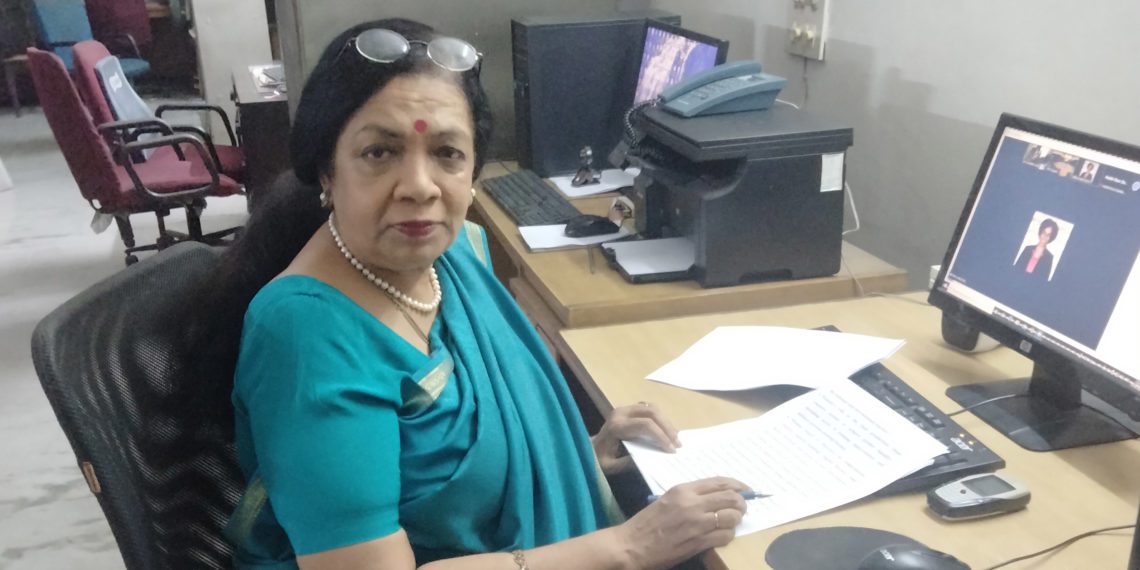Hot on the heels of Indian President Ram Nath Kovind’s visit to the Caribbean, Dr Nandini Azad, President of WWF & ICNW was invited to speak on Gender and Investment in Agriculture at the Caribbean Community and Common Market (CARICOM) Agriculture Investment Forum and Expo, held recently, says an official release.
More than 50 participants from across the world took part in the event. Speaking on the occasion, Dr. Nandini Azad said the objective of the discussion was to reduce 25% of food imports by 2025 and changing the food consumption patterns.
Dr Azad said if non-agricultural exports are being de-emphasized for agriculture i.e., a food security strategy should be in place. Food stocks could be supplied by CARICOM countries which have a strong comparative advantage in agriculture by training/skilling women. In order to meet the food security strategy for reduction of food imports and expanding domestic market “agriculture has to be gendered”, she underlined.
The other speakers in the panel were Mr. Alister Glean, IICA Representative in Barbados, Ms. Abigale Lonke, President and Founder of WeLead Caribbean, and Mrs. Hedda Rose Dunkley, Jamaica Network of Rural Women Producers.
The national statistics in several Caribbean countries highlight a wider gender gap in agriculture. In Jamaica, out of 30% of registered female farmers, only 11% of women own land for cultivation, this indicates that the majority of rural women work on land that does not legally belong to them.
Talking about India Dr Azad said WWF/ICNW have reached 1.2 million poor women members in 6544 Villages and Slums in South India (Tamil Nadu, Andhra, Karnataka, Telangana). She added that “We, barefoot bankers with warrior spirit reached remote areas during the pandemic on the frontline, bestowing the “Corona Micro-Entrepreneur Warrior’s Award” on women”.
According to Dr. Azad, Caribbean women receive fewer loans compared to men despite a stronger track record of loan repayment. Whereas WWF/ICNW have provided around 500 Crore INR (rotated) with low interest in small/petty loans to micro-entrepreneurs / informal sector poor women workers in 276 occupations and enterprises (rural/urban) with high repayment.
Dr. Nandini Azad recommended training in gendered investment; imparting financial mechanisms, product delivery, and reducing barriers to women in agriculture.
She suggested in the discussion that training to strengthen cooperatives, women’s organizations in decision making, participation, and leadership support to cooperatives could provide group credit, other input provision, veterinary/post-harvest, and transport services. She also insisted on developing appropriate training in innovative technologies.





















































